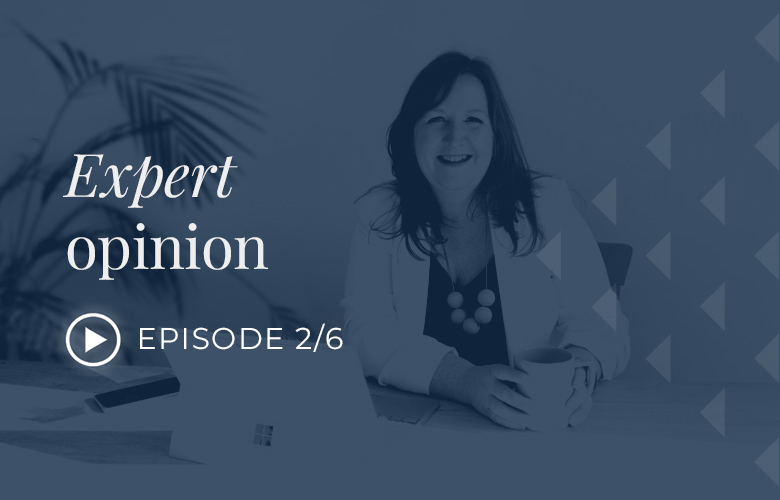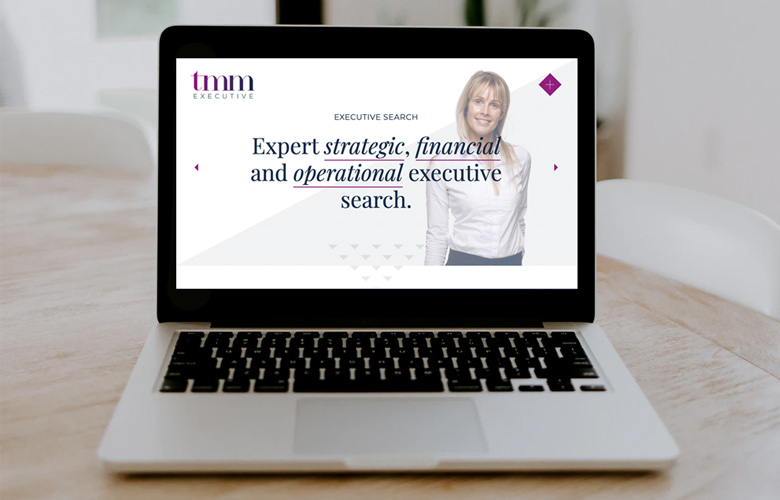News & Insights
Everyone Can Benefit From Coaching
15th February 2022
Zia Savel is one of our executive coaches and over a series of conversations with Jude Thorpe she'll explain her approach to effective coaching.
If you're skeptical about the value of coaching, want to understand what coaching is and who it can help, or just want to watch Zia's style before making an inquiry then we think you'll find this video useful.
Video Transcript
Jude: Tell me, what is coaching?
Zia: Coaching is a conversation between a coach and either one client or a team of clients and the opportunity to step away from everything that is day-to-day. Slow down, find some space and some clarity and see what comes from that open space.
Jude: And in your experience and the coaching you've done, without obviously divulging any confidences, what kind of issues are people coming to you with or what motivates them to be coached? To seek a coach?
Zia: Everyone can benefit from coaching, and the beauty of coaching is that it can be bespoke to their needs at a specific time, regardless of what's happening for them. You can bring anything to coaching because the coach doesn't need to be the expert. We rely on the individual being the expert and they know their reality far better than I ever will.
I've had clients who have been applying for jobs and have feedback that they specifically want to work on. That's one example. I've had clients who want to diversify their business and that was done successfully in the global pandemic and also energy downturn. And they managed to diversify in four different ways during that time.
You can almost bring anything to coaching as long as you have the will to slow down, think, explore, be playful and try and see what else is possible for a way forward.
Jude: And would you expect that your clients or anyone who undertook some coaching at the end of it would have experienced transformation of some kind, or they would have some tangible outputs, would you expect that?
Zia: Yes, I would because I've seen it and it has been proven with every client I've had. I think clients sometimes come cautious or not skeptical, but cautious of what might happen, it is not a dark art. It's simply a conversation where we slow down, listen and ask further questions, about whatever the topic is that has come up.
It's simply a conversation, but wow it can really make a difference to employees, individuals, businesses.
Jude: What kind of people have you coached? Can you give me some examples how it has made a difference to their career development?
Zia: Yes. So, one client I've been working with who's a CEO his response was Zia asks me questions that nobody else dares to because I'm their boss. So, therefore, asking questions that nobody else does, it makes our senior leaders think, consider things from different angles and act and respond to the business and the employee needs.
Jude: I would definitely agree with that. And I like to think that I've got a high degree of self-awareness. But during some executive coaching that I had, the coach pointed out to me that I had a very negative, I had a victim mindset and I just couldn't reconcile that with me because I thought I was a very positive, I think anybody who knows me, would think I was a very positive enthusiastic, energetic, person.
But I think actually, over the years that I had definitely taken on that, oh, it's outwith my control. Oh, it's macroeconomic factors or there's nothing I can do about it. And that I definitely had developed that victim mindset, and it took somebody else to point that out to me for me to reflect and go, Wow, that's so true and I need to address that and take positive steps to eradicate it. So, I definitely agree with that.
Often it's a case of horses for courses and by that, I mean, not every coach is right for every individual. So, what process do you go through in order to explore whether there's that chemistry between you and a potential client?
Zia: Yes, I always start with the chemistry session. So that is an introductory conversation just to see if we gel, if the conversation comes easily, if the questions I ask help the client see things in a different way. And I think it's safer reputationally and for the good of the client to say this will work or this will not work, let me give you another name, because not everyone is an absolute match. And I think it is best to say, get the best-fit coach for you.




